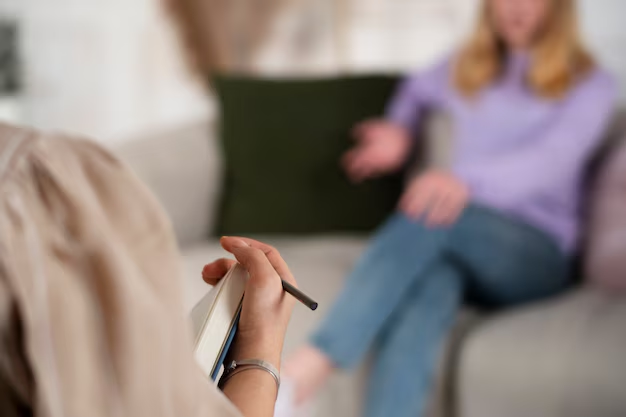
Finding the right therapy or counselling can feel overwhelming, but it’s an important step towards improving your mental health and well-being. Whether you’re struggling with anxiety, depression, relationship issues, or simply need someone to talk to, therapy can provide valuable support and guidance.
Here’s a practical guide to help you navigate the process.
Understanding Your Needs
The first step in finding therapy is understanding what you need help with. Are you dealing with stress from work or family? Are you feeling sad or hopeless most days? Maybe you’re having problems in your relationship and considering marriage counselling. Identifying your specific challenges will guide you in choosing the right type of therapy.
Types of Therapy
Therapy comes in various forms, each designed to address different issues:
- Cognitive Behavioral Therapy (CBT): Focuses on changing negative thought patterns and behaviors.
- Psychodynamic Therapy: Explores unconscious patterns and past experiences affecting present behavior.
- Family Therapy: Involves family members to improve communication and resolve conflicts.
- Marriage Counselling: Helps couples work through issues and improve their relationship.
- Fitness Therapy: Incorporates fitness therapy to enhance mental and emotional well-being.
Finding a Therapist
Once you know what type of therapy you need, finding a therapist who specializes in that area is crucial. Here are steps to help you find the right match:
- Ask for Recommendations: Seek recommendations from friends, family, or your primary care doctor. They may know reputable therapists who specialize in the type of therapy you’re seeking.
- Check Credentials: Ensure the therapist is licensed and accredited by relevant professional bodies. This guarantees they have the necessary qualifications and adhere to ethical standards.
- Consider Practicalities: Location, availability, and cost are practical factors to consider. Choose a therapist whose office is convenient for you and whose fees fit your budget.
- Initial Consultation: Many therapists offer a free or reduced-cost initial consultation. Use this opportunity to assess whether you feel comfortable and understood by the therapist.
Building a Connection
Therapy is most effective when you feel comfortable and safe with your therapist. During your first few sessions, pay attention to:
- Empathy and Understanding: Does the therapist listen actively and show empathy towards your concerns?
- Trust: Do you feel comfortable sharing personal information and thoughts with them?
- Collaboration: Does the therapist involve you in setting goals and planning treatment?
Continuing the Journey
Once you’ve started therapy, be patient with the process. Healing takes time, and it’s normal to feel uncomfortable or vulnerable at times. Stick with it and communicate openly with your therapist about what’s working and what isn’t.
Conclusion
Finding the right therapy or counselling is a personal journey that requires patience and self-awareness. By understanding your needs, researching your options, and building a strong therapeutic relationship, you can take significant steps towards improving your mental and emotional well-being.
Whether you’re seeking help for anxiety, depression, relationship issues, or considering marriage counselling or fitness therapy, remember that you deserve support and guidance on your path to healing.




